Interview
Financing
Cécile Maisonneuve: Found In Translation
-
Cécile Maisonneuve
Founder of DECYSIVE
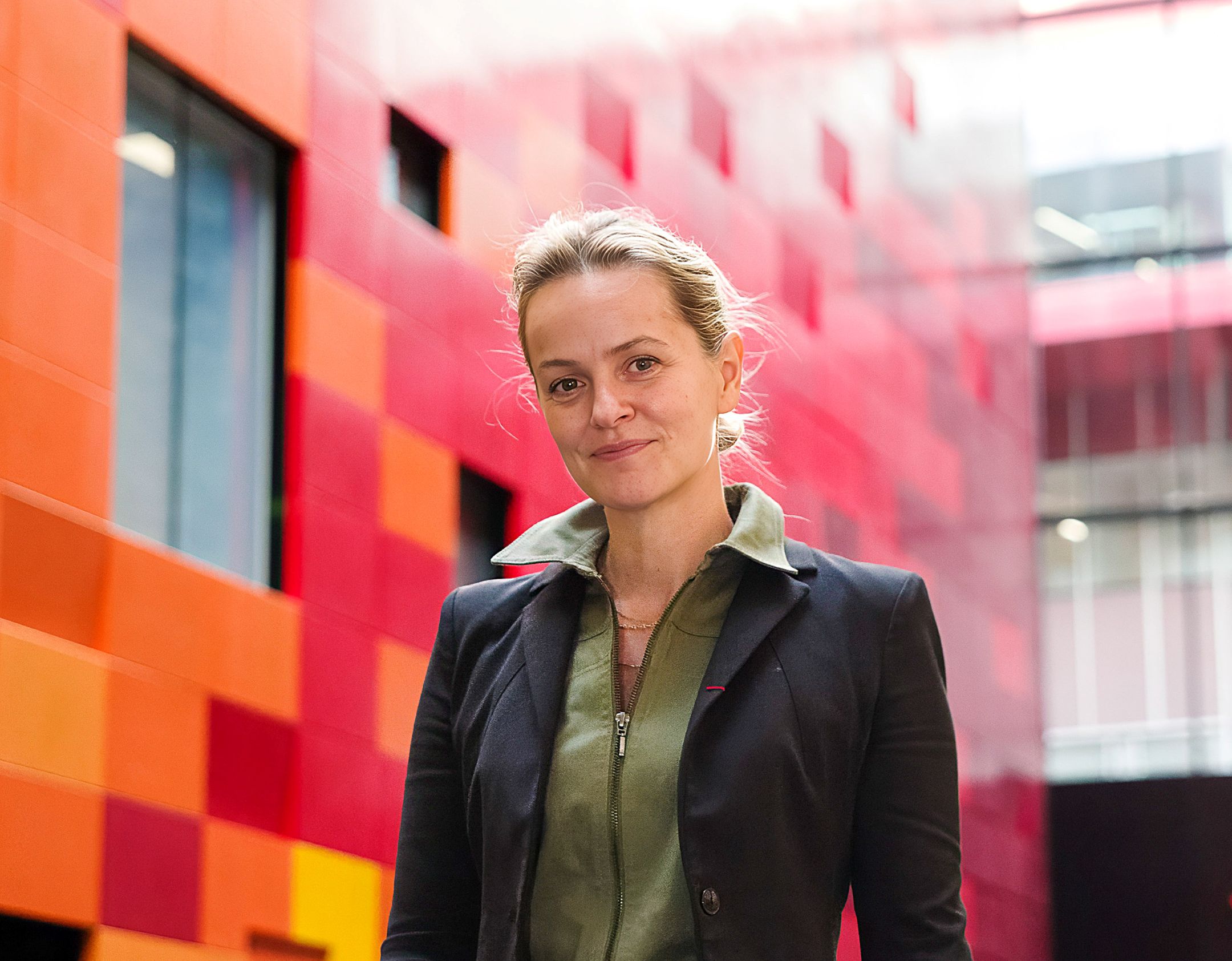
The Mobility Times meets with Cécile Maisonneuve, a climate transition expert who builds bridges between science, industry and public services – using interpreting skills that go back to her early passion for translating.
Before Cécile Maisonneuve became an international expert on urban innovation, energy, and public policy she dreamed of making translating her profession, armed with advanced skills in Latin and Ancient Greek.
“I love languages, I love grammar, and I wanted to be a translator,” she told The Mobility Times after a Mobility Sphere conference in Paris in September where she was a panelist.
But instead of moving between languages, her eclectic career has taken her from roles in public service in her native France into private industry and consulting positions on strategy, especially in the field of the energy transition.
“It wasn’t a prescheduled career, but what I still try to do is to translate: the language and the mindset of the engineer into political and into economic terms when I discuss with politicians about what should be done for mobility,” she said. “Usually, when no action is taken, it's also because people think they understand each other, but they don't.”
Transportation needs to be “heavily involved” in the climate transition, Maisonneuve said.
“Emissions from transportation are one of the most important sources of CO2 emissions. So, we need to reduce them.”
And there are good reasons to trust public transportation industry experts. “They know where to invest and how much to invest, because they know the places where they operate,” she said.
“But with what money?”, asked Maisonneuve, going straight to the heart of the Paris conference theme. “This is, I think, the trickiest question we have in Europe at the moment when it comes to funding the energy transition.”
Should the taxpayer pay for Europe’s mobility transition? Or the end user? Beyond such “very political” debates, lies another, promising approach, Maisonneuve suggests tapping into the huge combined resources of European savers and retail investors.
“An investor is not necessarily a large fund. It can be you and me,” she said. “We need to mobilize these savings so that each individual in Europe can say: I’m investing in European companies that are working on the energy transition. This would also make public acceptance larger when it comes to funding the energy transition.”
Managing such a drive could be handled by national governments but, better still, by the European Union “which is a very powerful institution when it comes to mobilizing public funding”, she said, primarily involving the European Investment Bank and the European Central Bank.
“It would be an alliance between the metropoles, territories, national states and European institutions.”
Maisonneuve feels that two aspects stand out in the debate about the future of mobility: intermodality and the needs of cities and peri-urban or rural areas that are rarely aligned.
“Intermodality is the key to an efficient and pragmatic energy transition,” she said. “We're already quite lucky in Europe, frankly speaking, because we have a high level of very efficient transportation infrastructure.”
That includes railways, roads and transport hubs that can all be combined in the service of swift switches from one means of transport to another, without opposing them, which makes no sense.
“It’s a no-brainer because this infrastructure already exists,” she said.
But it’s not evenly distributed. “Many Europeans live outside of dense urban centers, and they need to be offered some solutions so that they can reach those urban centers, whether it's for working, for training, or for just entertainment,” said Maisonneuve.
This requires “a high level of cooperation between different entities” from the political and industrial spheres and the funding institutions, she said.
“Public money has become a rare resource. We have to use it in a smart way, so that every euro has the biggest effect in terms of emissions and in terms of fighting climate change”, Maisonneuve said.
The way forward for financing? “Consider Europeans not only as citizens, not only as part of a social model but as investors, smart investors, with a lot of savings.”
Does she have any advice for Europeans who want to do more for the climate transition?
“It's important to be patient - determined, result-oriented, pragmatic but patient. It’s a marathon, not a hundred-meter race.”
-
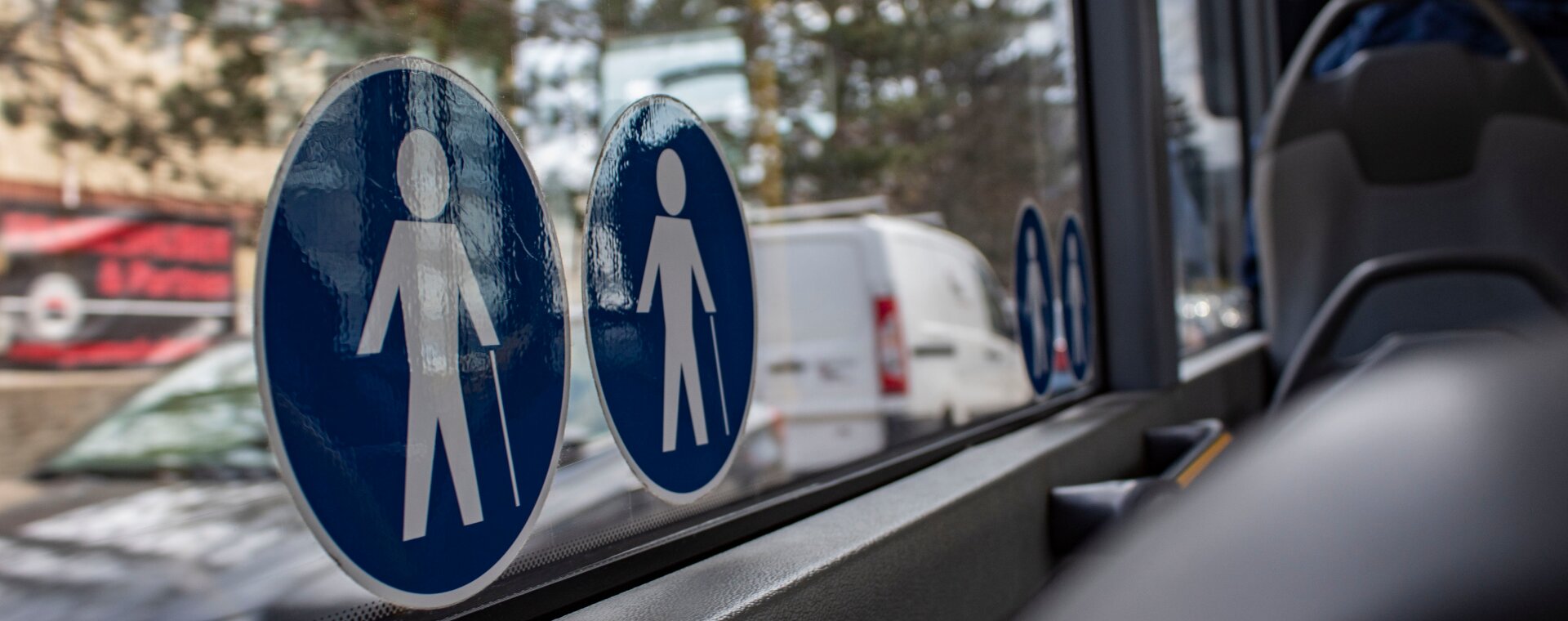 Insights
Social Cohesion
Insights
Social Cohesion
Why mobility is crucial for social cohesion
Maintaining social cohesion is a major challenge for policy makers who should give mobility acentral role in solutions.
-
 Insights
Social Cohesion
Insights
Social Cohesion
Strategies and governance to achieve inclusive mobility and social cohesion
Strategies and governanceto achieve inclusive mobilityand social cohesion.
-
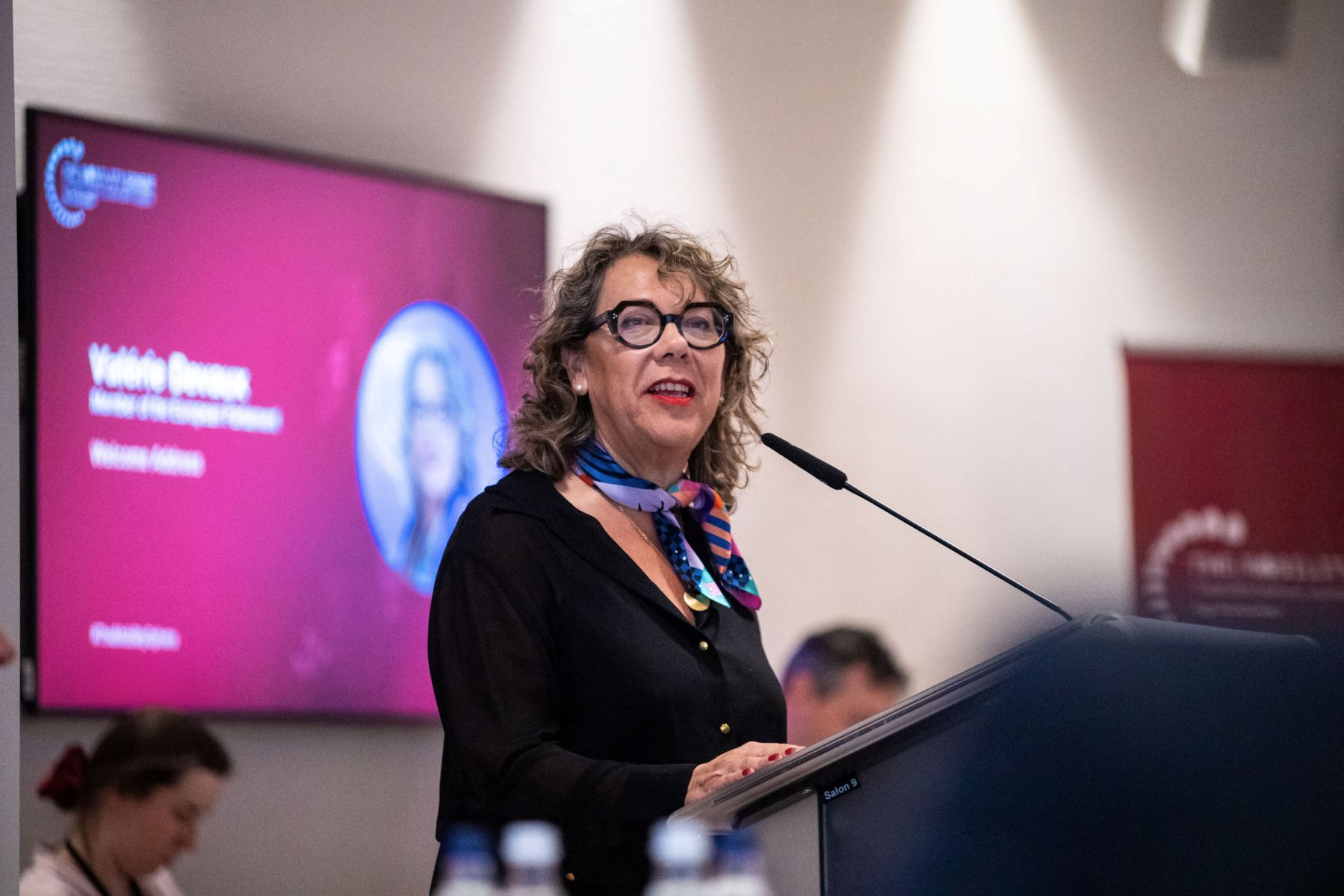 Interview
Social Cohesion
Interview
Social Cohesion
Affordable Mobility: ‘The European Parliament has its say’
The Mobility Times spoke with Valerie Devaux, MEP, about European efforts to make mobility accessible, affordable and sustainable.
-
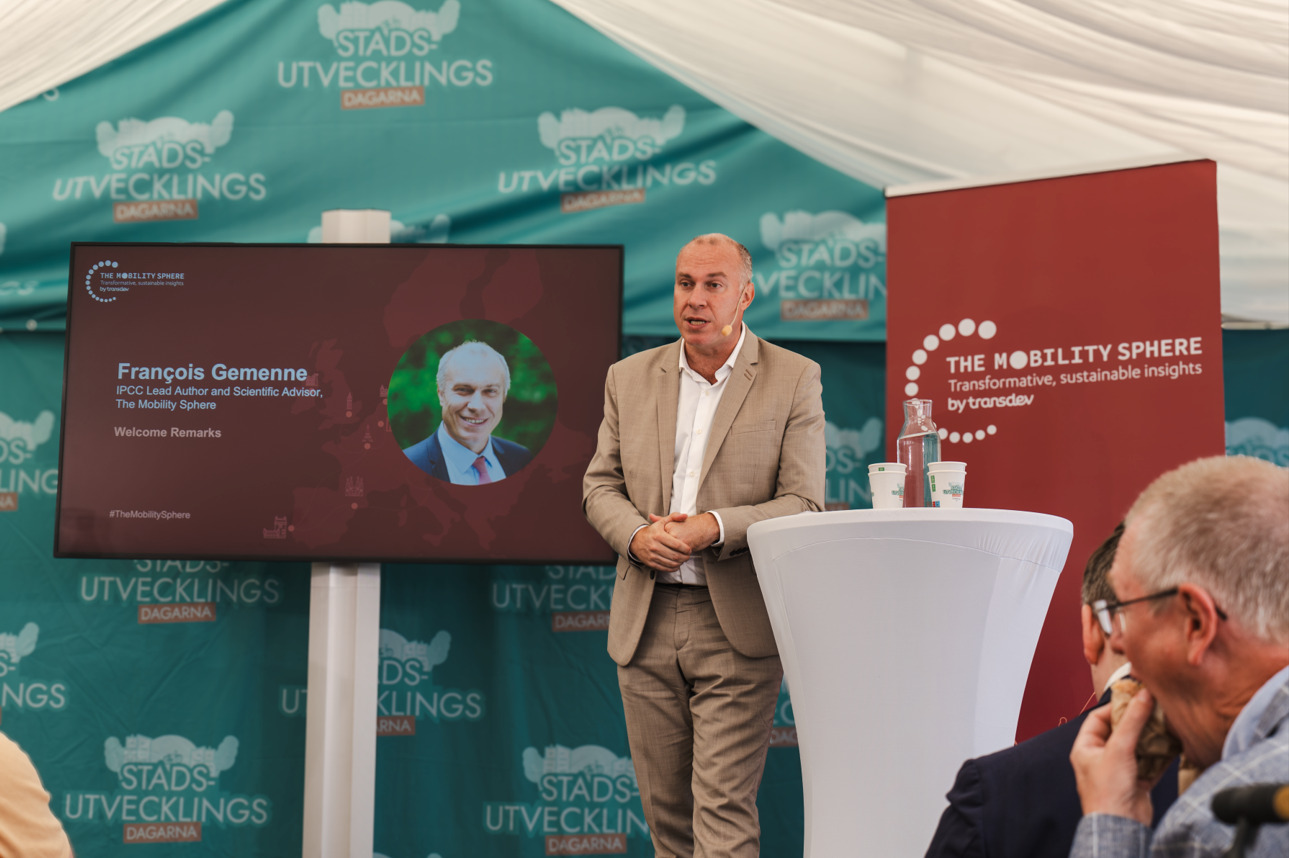 Interview
Interview
Circularity: a crucial part of the 21st century economy
An interview with The Mobility Sphere’s scientific advisor, Francois Gemenne, about the future of circularity.
-
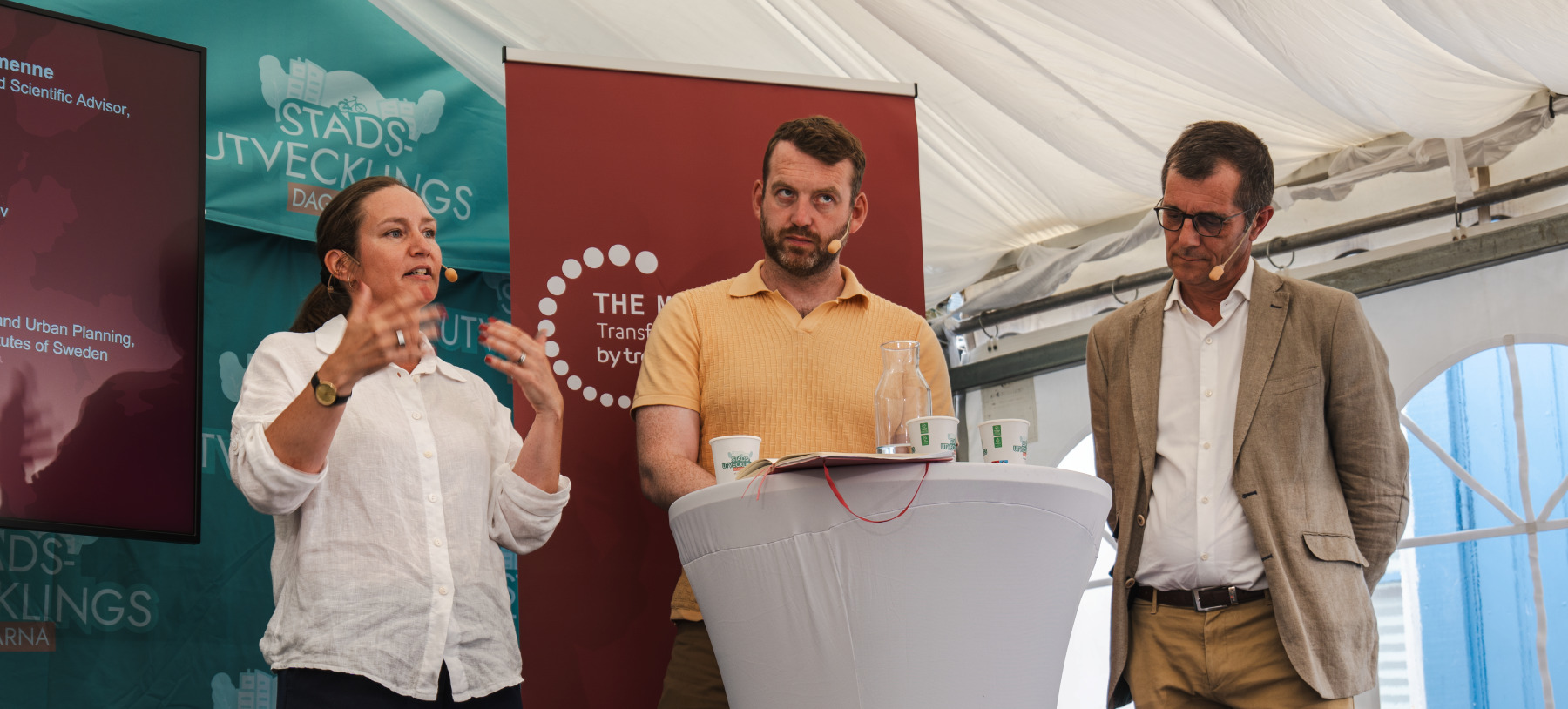 Insights
Circularity
Insights
Circularity
‘Build new’ comes last: an urban planner’s view on circularity
In this interview, we share Swedish architect and urban planner Linda Kummel's point of view on circularity.

